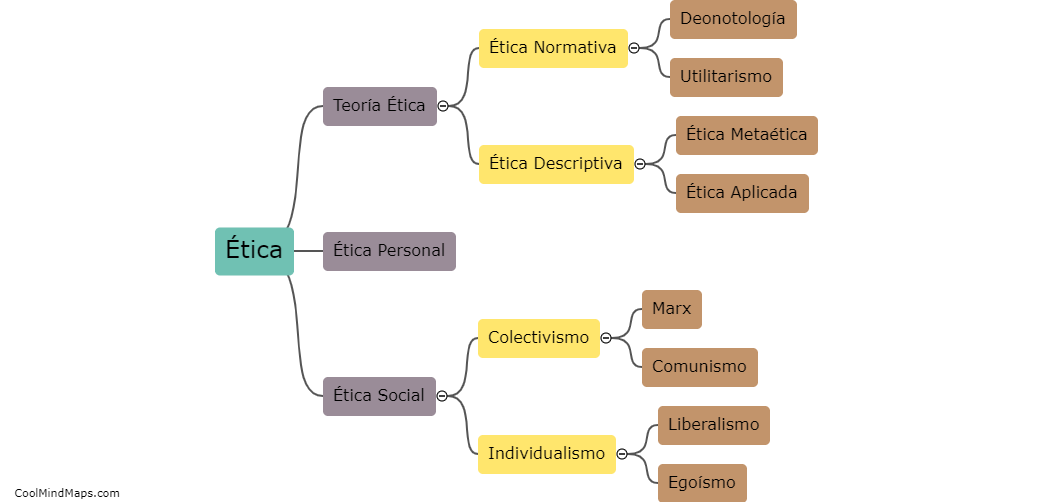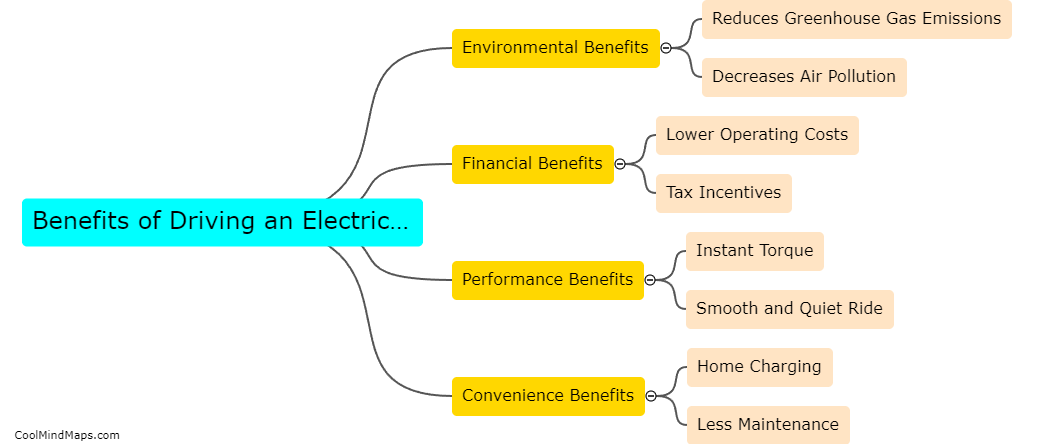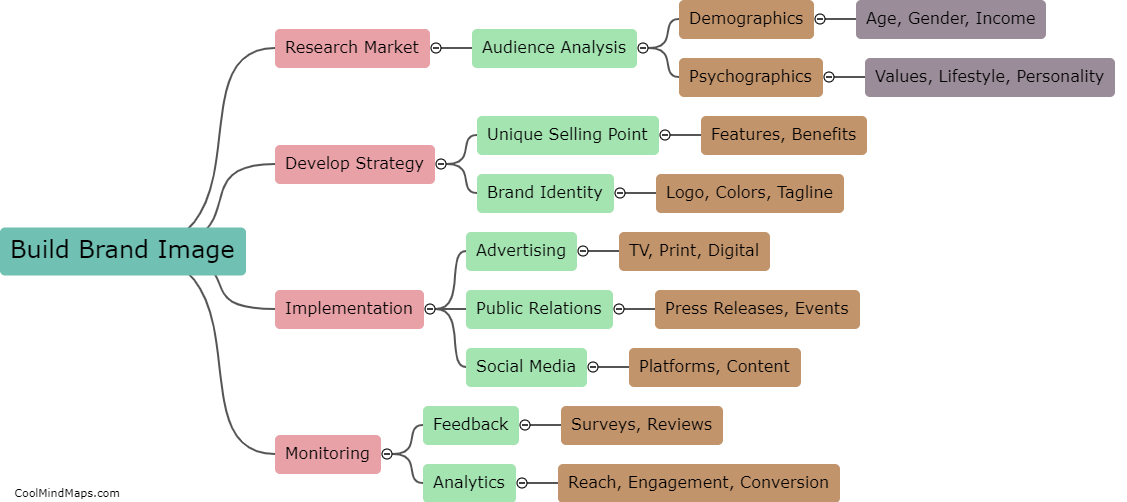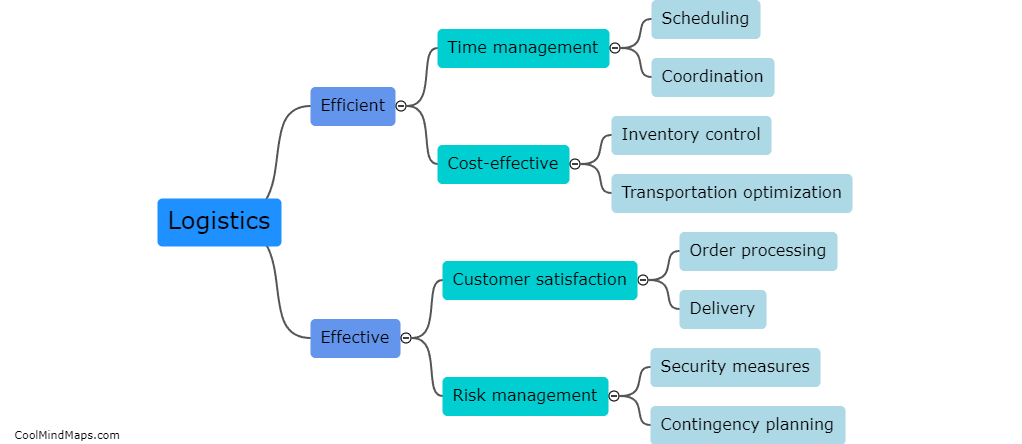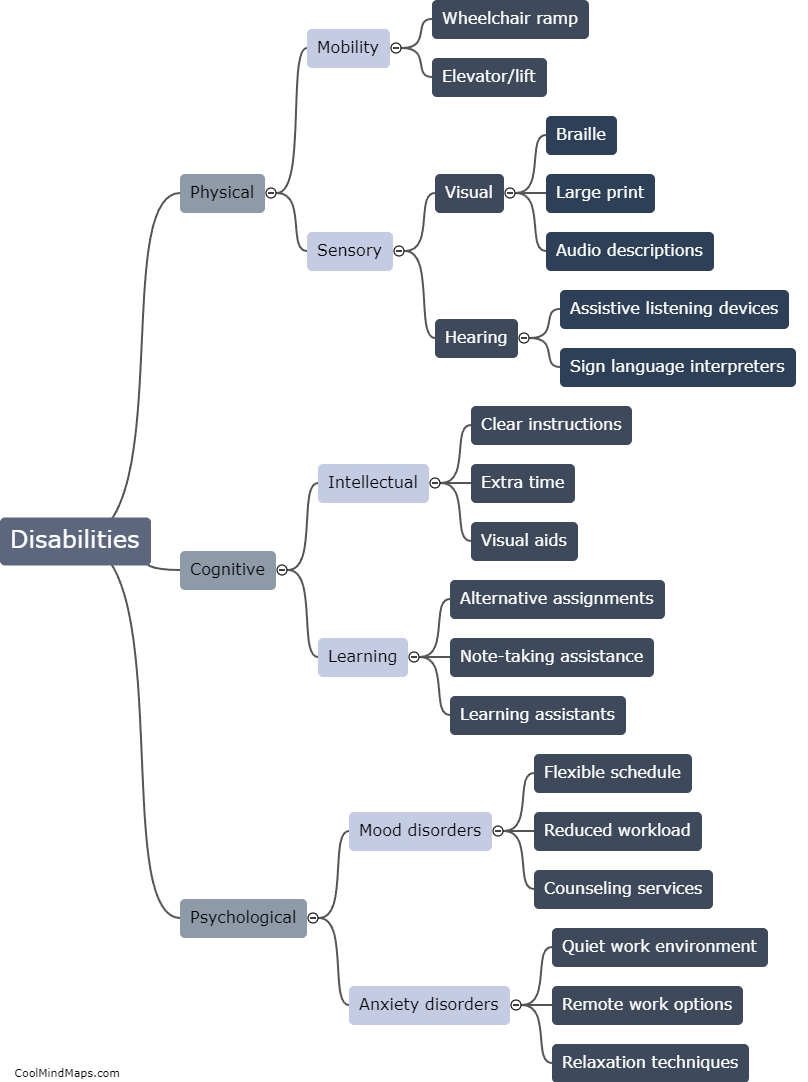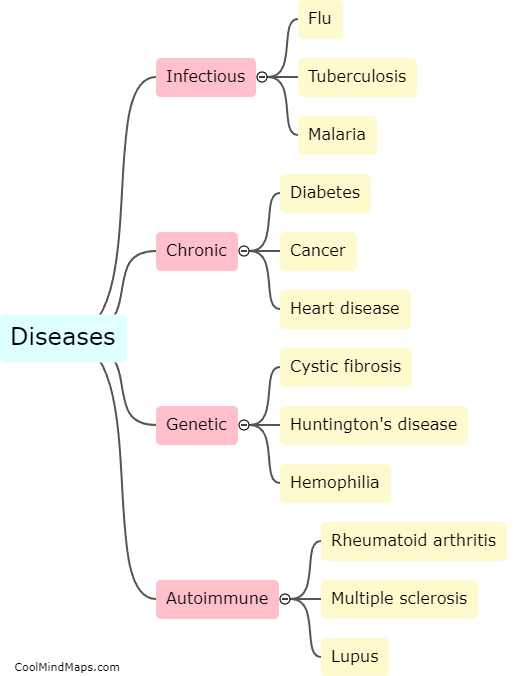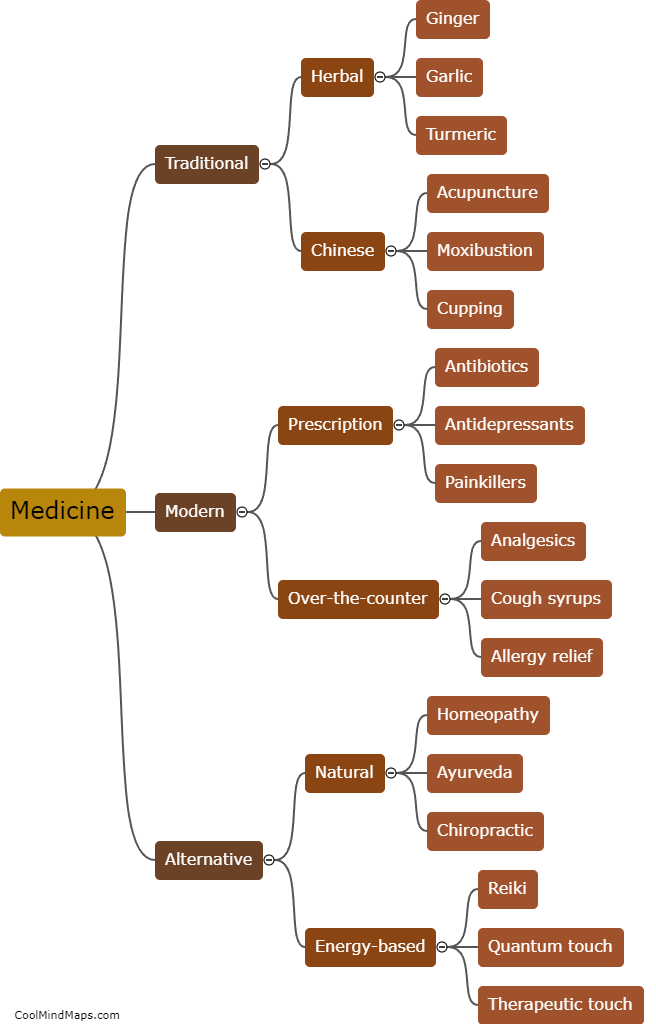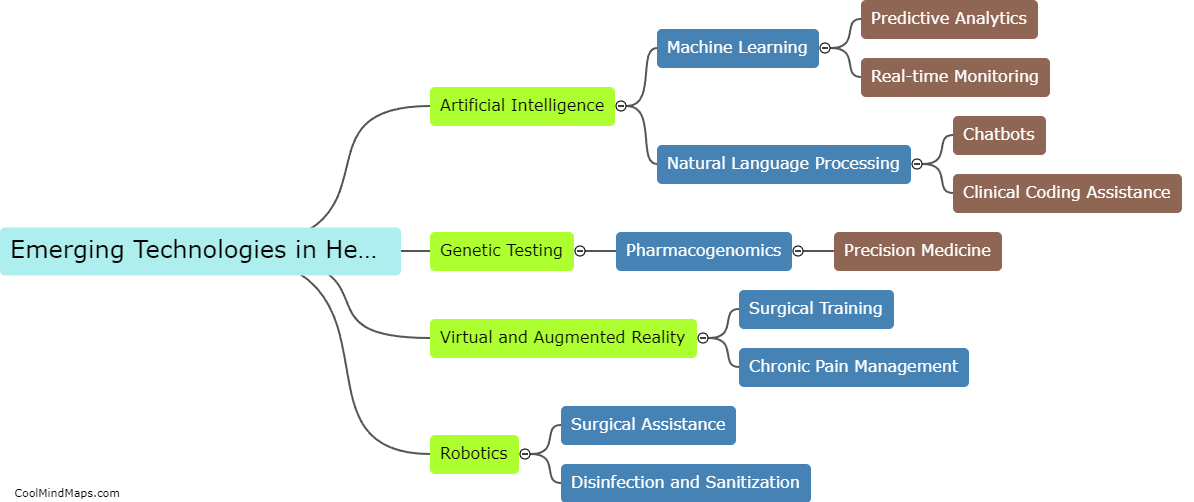How do vaccines work?
Vaccines work by stimulating the body's immune system to produce a response to a specific pathogen, which then provides protection against future exposure. Most vaccines contain either a weakened or dead form of the pathogen or a small piece of a pathogen, such as a protein or sugar molecule, that triggers the immune response. When the body encounters this foreign substance, the immune system creates antibodies, immune cells that specifically target the pathogen. These antibodies remain in the body and can quickly recognize and neutralize the pathogen if it is encountered again, providing immunity to the disease.
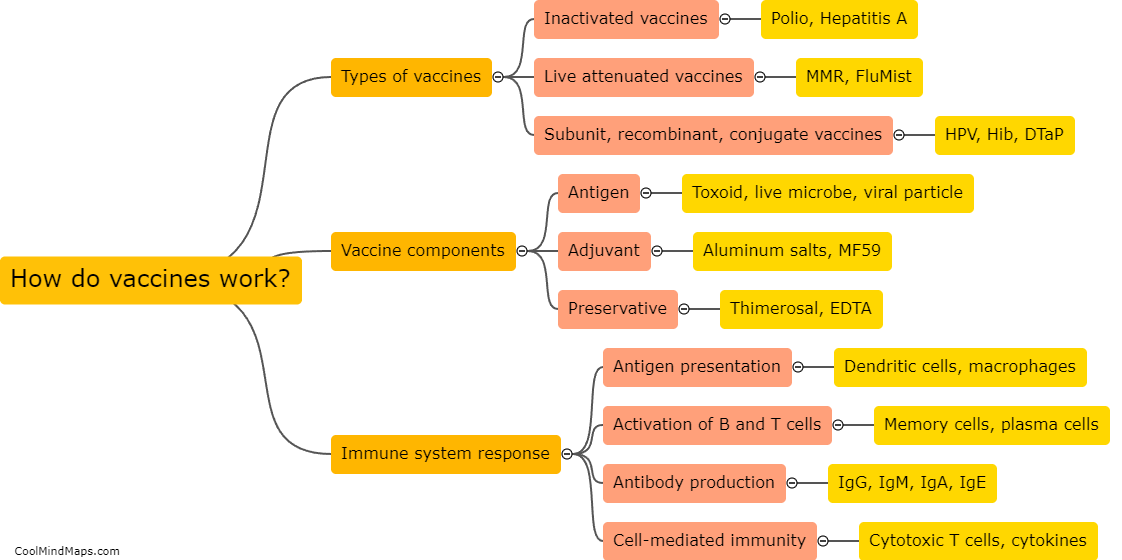
This mind map was published on 19 April 2023 and has been viewed 99 times.
